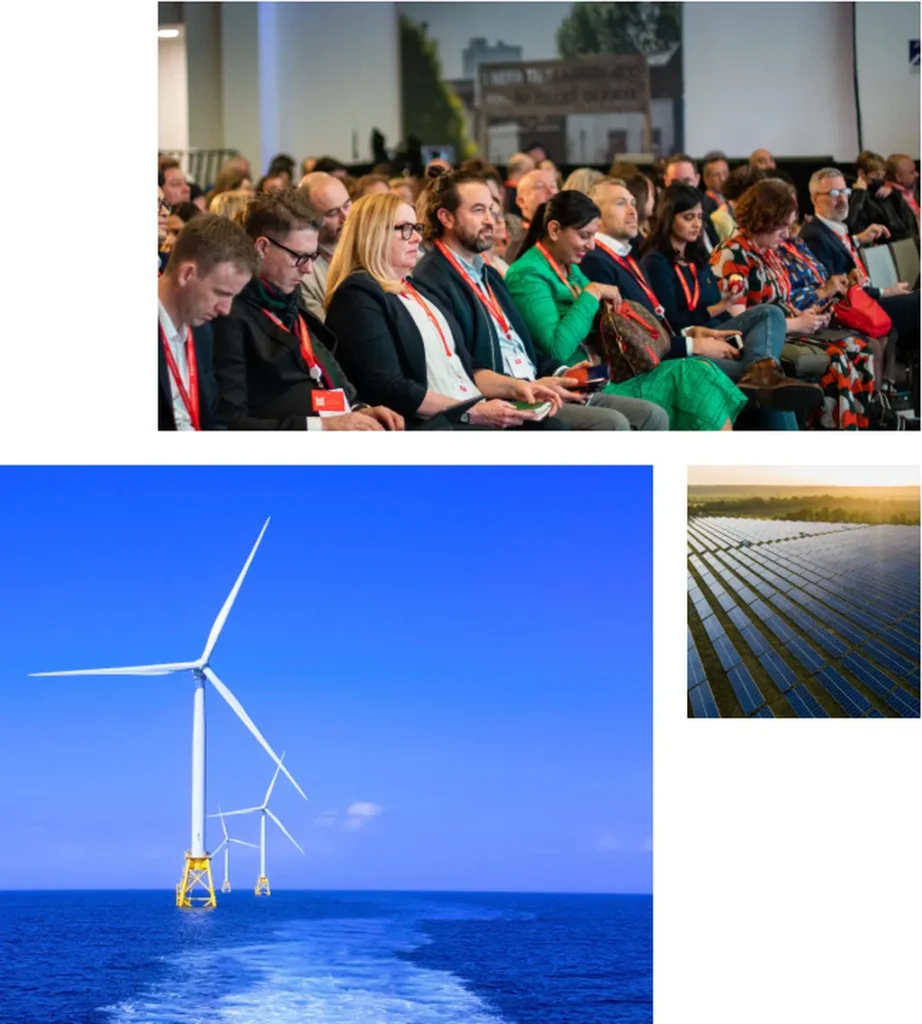In the heart of Ethiopia, where the rhythm of life is often dictated by the rains, a pressing challenge looms large: climate change. As temperatures rise and weather patterns become increasingly erratic, the country’s reliance on rainfed agriculture puts its food security, rural livelihoods, and economic stability at risk. This is the backdrop against which Rusha Begna Wakweya, a researcher from the Department of Rural Development and Agricultural Extension at the Ethiopian Forestry Development Jimma Center, has been studying the socioeconomic impacts of climate change and potential mitigation strategies.
Wakweya’s research, published in the Journal of the Selva Andina Biosphere (translated to Journal of the Andean Forest Biosphere), highlights the critical need for Ethiopia to transition from traditional subsistence farming to more commercialized and climate-resilient agriculture. “Climate change is exacerbating poverty and social inequalities,” Wakweya explains. “Addressing this challenge is crucial for sustainable economic development and social well-being.”
The study emphasizes the potential of Climate-Smart Agriculture (CSA) as a key strategy to mitigate adverse effects. CSA aims to improve agricultural productivity, increase resilience to climate shocks, and reduce greenhouse gas emissions. However, the path to widespread implementation is fraught with obstacles. Limited access to technology, financial constraints, inadequate infrastructure, and insufficient policy support remain significant challenges.
The commercial implications of this research are substantial, particularly for the energy sector. As Ethiopia seeks to diversify its economy and reduce its dependence on rainfed agriculture, opportunities arise for investment in renewable energy and climate adaptation initiatives. “The transition to climate-smart agriculture requires coordinated efforts by the government, the private sector, and international organizations,” Wakweya notes. “Investing in these areas can strengthen institutional capacity and raise awareness among farmers.”
The study’s findings underscore the need for a multifaceted approach to climate change mitigation. By understanding the challenges and opportunities of adopting climate-smart agricultural practices, Ethiopia can improve its resilience to climate change while promoting sustainable economic growth and social development. This research not only sheds light on the socioeconomic consequences of climate change but also provides a roadmap for future developments in the field.
As the world grapples with the realities of climate change, Ethiopia’s experience offers valuable insights. The transition to climate-smmart agriculture is not just about adapting to a changing climate; it’s about building a more resilient and sustainable future. And in this endeavor, the energy sector has a pivotal role to play.

